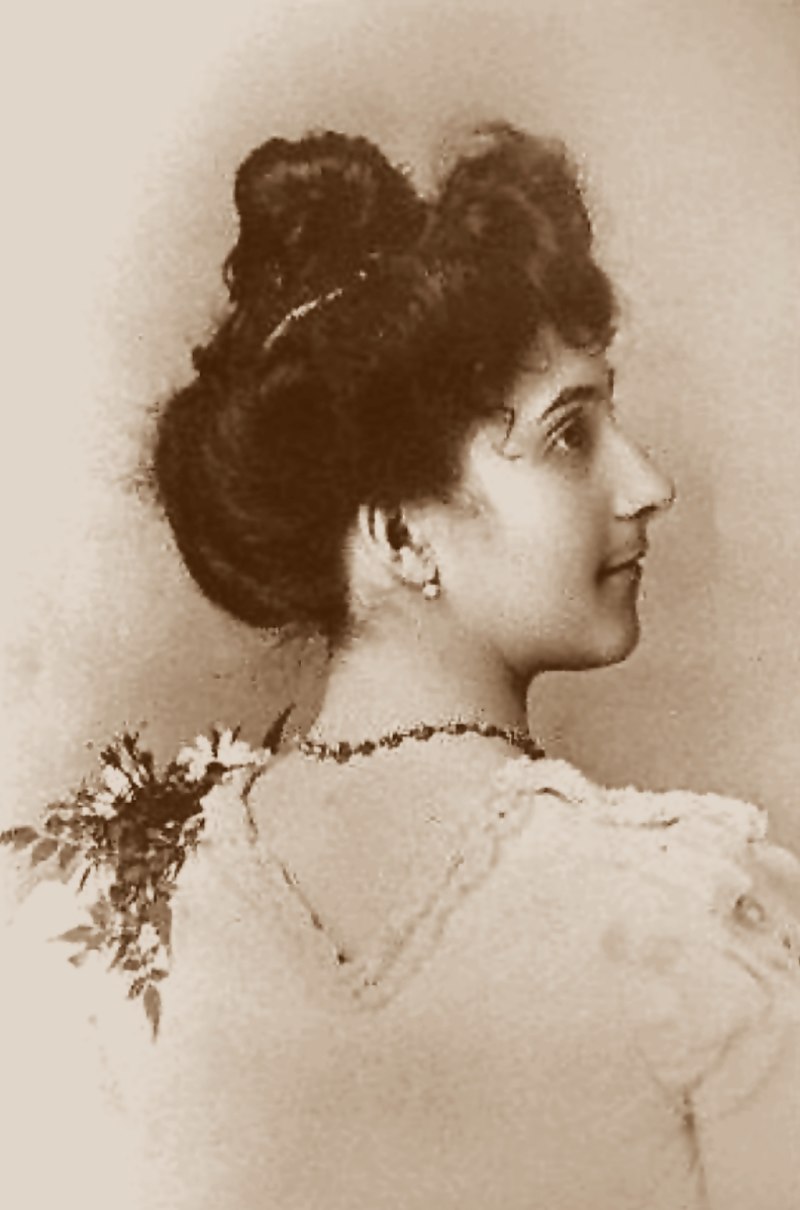Jeanne Calment was indeed the oldest human being
By combining epidemiology, mathematical modelling and historical investigation, researchers in Geneva, Switzerland and France confirm Jeanne Calment’s exceptional longevity, invalidating the conspiracy theories surrounding her.

Jeanne Calment at the age of 20. © All rights reserved
Jeanne Calment, who passed away in 1997 at 122 years and 165 days, still is today the human being who had the longest life. This exceptional longevity has been subject to numerous investigations, both during her lifetime and after her death, to confirm this record. A Russian team questioned it at the end of 2018, suggesting a family conspiracy to commit insurance fraud, Ms. Calment’s record is now confirmed. Researchers from the University of Geneva (UNIGE) and the University Hospitals of Geneva (HUG) in Switzerland, as well as from the Institut National de la Santé et de la Recherche Médicale (INSERM) and the École Pratique des Hautes Études (EPHE) in France, provide historical and epidemiological evidence of the longevity of humanity’s oldest person ever. Their mathematical model also highlights the likely increase in the number of people over 120 years of age. These results can be discovered in the Journal of Gerontology.
More than twenty years after her death, Jeanne Calment is still the human being who lived the longest life. This exceptional longevity is still surprising and is regularly questioned. A few months ago, Nikolay Zak, a young Russian mathematician, assumed, among other things, that it was statistically impossible for a human being to reach the age of 122. He then claimed that Jeanne Calment was in fact her daughter Yvonne, who would not have died of tuberculosis in 1934, but would have fraudulently taken her mother’s identity. Demographer Jean-Marie Robine, a researcher at INSERM and the Ecole pratique des hautes études, had already provided historical evidence of Ms. Calment’s longevity in 1998 in an article published in Science. He had also met with Ms. Calment several times before her death to confirm her status as humanity’s oldest person. “The Russian team’s «conspiracy theory» directly challenged my work,” he explains. “So, together with my colleagues, we not only ran through the historical and demographic survey from scratch once again, but we also examined in detail the mathematical hypothesis proposed by Nikolay Zak.” To conduct this work, he called on François Herrmann, Professor at UNIGE Faculty of Medicine, senior physician in the HUG geriatrics department and an expert in the epidemiology of elderly people.
A robust mathematical model
François Herrmann explains his approach: “Is it possible to live to 122 years old? This question summarizes the whole controversy surrounding Jeanne Calment. To find out, we designed a probabilistic model based on solid demographic data.” The researchers reconstructed the complete cohort of all the people born in France in 1875 – Ms. Calment’s year of birth – to determine their age at death. They then repeated the exercise for the year 1903, which is the last extinct cohort (there are no longer people alive in France who were born in 1903). In order to build a reliable model and limit random fluctuations, extreme values – age figures for which there were less than 30 deaths – were then excluded. Based on these data, survival probabilities at 100 years, then at 101 years, 102 years, etc. were then calculated. “We finally applied these survival probability figures to a virtual population of 100,000 centenarians to determine the maximum extinction age of the cohort. We reach an age between 119 and 123 years. Thus, every 10 million centenarians, a person can reach 123 years of age.” A probability that is certainly small, but that is far from making Ms. Calment a statistical impossibility.
More and more “supercentenarians”
At the time of Ms. Calment’s death, the new humanity’s oldest person was “only” 112 years old, 10 years younger. “A significant gap that made Ms. Calment an anomaly,” says Professor Herrmann. “Since then, however, one person has reached 119 years of age, and five others 117 years of age. The gap is narrowing! Ms. Calment was simply a little ahead of her time.”
What is the secret of this longevity? It must have been a mixture of good genetic heritage and luck, as Jean-Marie Robine explains: “Many of Ms. Calment’s ancestors lived a particularly long time, as did her brother. In addition, the family was well-off and educated, two socio-economic factors that still predispose to good longevity today.” Unfortunately, Ms. Calment’s grandson died young and without descendants in a car accident; therefore, it is impossible to assess this family hypothesis.
The article, written by Professors Herrmann and Robine among others, also takes up in detail the history of Ms. Calment’s life and proves that she, far from family plots and embezzlement, has lived 122 long years. Will others join her soon? In view of the ever-increasing number of centenarians, it is most likely.
